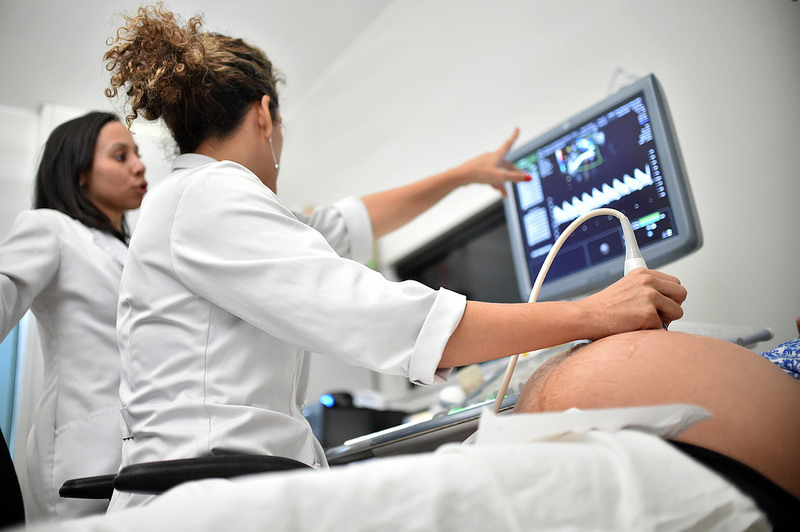The establishment of international collaborative research partnerships in times of infectious disease outbreaks of international importance has been considered an ethical imperative. Frail health research systems in low- and middle-income countries can be an obstacle to achieve the goal of knowledge generation and the search for health equity before, during and after infectious disease outbreaks.
The Dominican government and research stakeholders can contribute to the international response to the Zika virus through active participation in international collaborative research partnerships; however, public recognition of the need to embrace health research as part of public policy efforts is warranted. A working group led by the government and formed by national and international research stakeholders will be key to identify ways in which the country could respond to the ethical demand of generating new knowledge in times of outbreaks.



